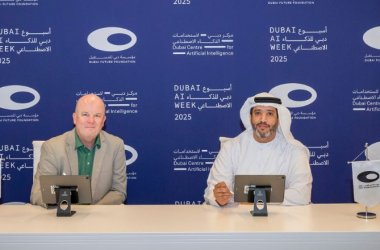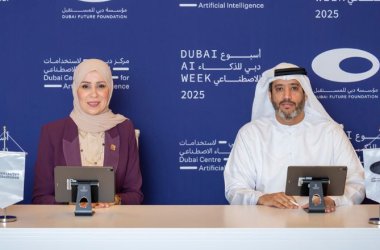Arab space industry leaders discussed ways of facilitating collaboration between Middle East nations in the space sector, during the recently held Global Aerospace Summit.
During the event, the leaders exchanged insights on the tangible benefits they have witnessed from the development of their national space capabilities and related research and scientific facilities.
The thought-provoking sessions was led by Dr. Mohammed Nasser Al Ahbabi, Director General of UAE Space Agency, moderated the session and explained how space is a great model for international and regional cooperation.
Prof. Ayman El Dessouki from Egypt said that the formation of a space agency is underway and they are working to develop human capital and research capabilities.
Dr. Mohammed Ahmed Khalifa Alamer from Bahrain said that his nation is in the starting phase of developing a space programme but has strong support from national leadership. “When we received our mandate to begin a space programme we began with the objective of developing our own satellite.”
Meanwhile, Dr. Abdelwahab Chikourche from Algeria spoke about how his government created the Algerian Space Agency in 2002 and developed a policy and programme. He said they have a clear scope of activities until 2020. “Our aim is to develop specific engineering capacities through our space research and development projects.”
On his part, Dr. Driss Elhadani of Morocco explained how their space sector is providing numerous industries with valuable information and data. He said Morocco launched its first micro satellite in 2001, which enabled the development of local capacities. The Royal Center for Research and Space Studies was created to manage the project and handle all future space activities. In November 2017, they launched their first earth observation satellite.
The Arab space leaders agreed on the need for greater collaboration and cooperation to help bring the region closer together and create partnerships for the future.





